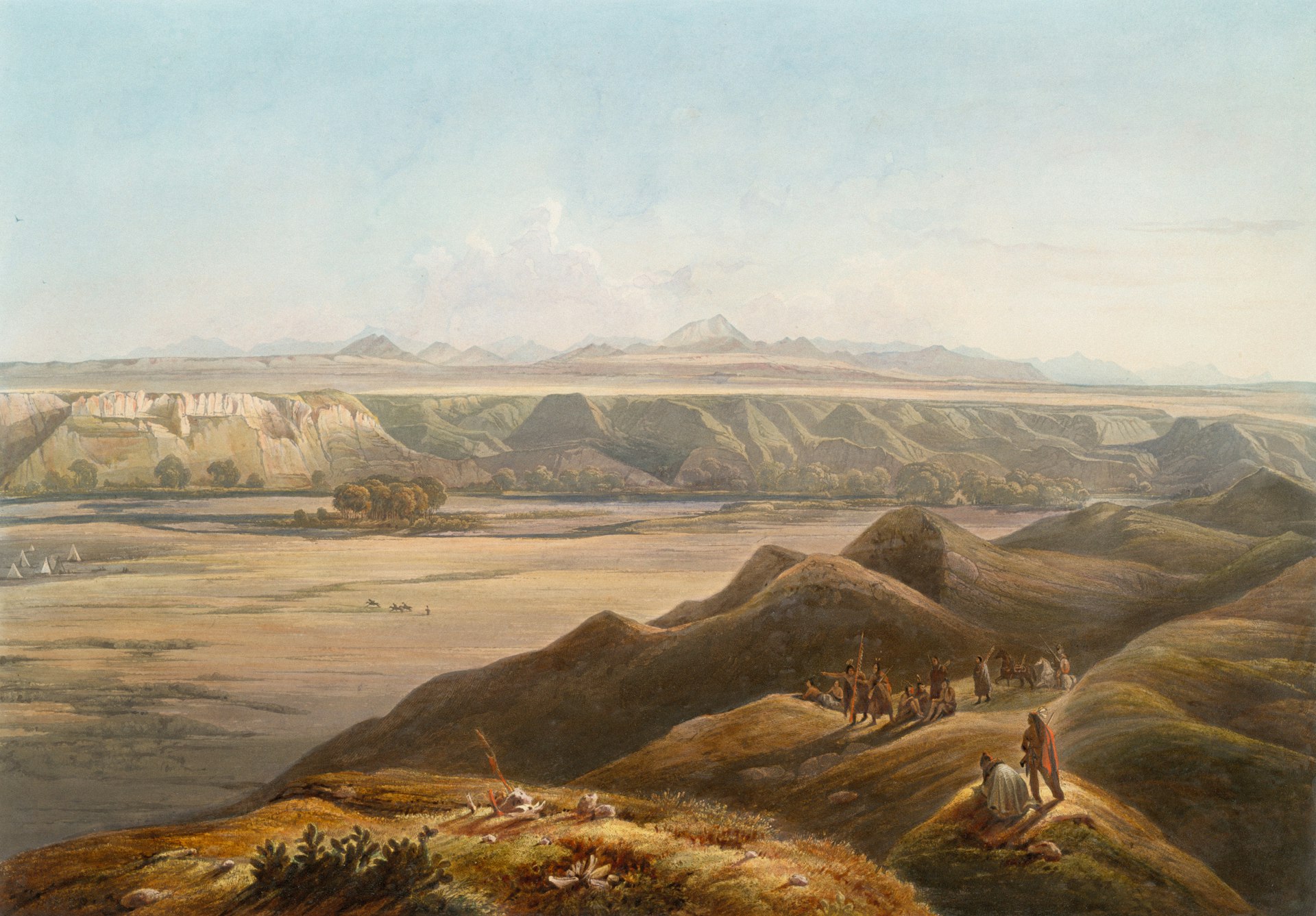Advancing Careers in Multicultural Workplaces: Strategies, Opportunities, and Actionable Guidance

Photo by Etactics Inc on Unsplash
Introduction
Career development in multicultural workplaces is increasingly crucial as organizations expand globally and diversify their teams. Employees and leaders alike face unique opportunities and challenges in environments where a variety of cultures, perspectives, and experiences converge. This article provides actionable guidance for individuals and organizations seeking to advance careers, foster inclusion, and maximize professional growth in multicultural settings. All strategies, examples, and pathways presented are supported by current, verified sources, ensuring accuracy and reliability throughout.
Understanding the Value of Multicultural Workplaces
Multicultural workplaces bring together individuals from different backgrounds, cultures, and generations, enhancing creativity and driving innovation. According to experts, diverse teams perform better and are more productive, benefiting both organizational outcomes and individual career trajectories [4] . Exposure to varied perspectives fosters the development of new skills, broadens professional networks, and creates more opportunities for advancement. However, realizing these benefits requires intentional efforts to build inclusive environments and support personal growth.
Building an Inclusive and Supportive Culture
Organizations must move beyond simply assembling diverse teams by cultivating a sense of psychological safety among members. Psychological safety means that employees feel comfortable sharing ideas, asking questions, and challenging the status quo without fear of reprisal. Leaders play a vital role by modeling openness, supporting experimentation, and encouraging risk-taking. When team members see this behavior, they are more likely to contribute their unique insights, driving collaboration and innovation [1] .
Cultural sensitivity is also essential. Leaders and employees should proactively learn about colleagues’ backgrounds, communication styles, and values. This can include adjusting work schedules for caregivers, providing resources for LGBTQ+ team members, and accommodating multigenerational needs through tailored benefits such as student loan repayment programs or enhanced retirement plans [2] . These practices foster a sense of belonging, which research shows is linked to higher retention and engagement [5] .
Strategies for Career Advancement in Multicultural Environments
Career development in multicultural workplaces must focus on fair opportunities, accessible resources, and continuous growth. Here are actionable strategies for both individuals and organizations:
1. Engage with Employee Resource Groups (ERGs)
ERGs are voluntary, employee-led groups centered on shared identities or interests, such as gender, ethnicity, or veteran status. Participation in ERGs offers employees safe spaces for networking, mentoring, and professional development. Organizations can support ERGs by providing resources and encouraging cross-group collaboration, which in turn enhances representation and organizational improvement [2] .
How to get involved: Employees may inquire with their Human Resources department about existing ERGs or suggest the formation of new groups. Organizations can facilitate regular ERG meetings and promote participation in company-wide communications.
2. Leverage Targeted Development and Mentorship Programs
Professional development opportunities should be accessible to all employees, including those from underrepresented groups. This includes offering training workshops, mentorship programs, and sponsorships. Research shows that targeted initiatives for people of color and other minorities can help them reach their full potential and improve overall workplace equity [3] .
How to access: Employees may request information from Talent Development or Diversity & Inclusion leaders about available programs. Organizations can partner with external groups that promote minority advancement and advertise opportunities internally. If direct information is unavailable, individuals can search for terms like “mentorship programs for minority professionals” or “corporate diversity development initiatives.”
3. Address Unconscious Bias and Ensure Fair Assessment
Unconscious bias can impact hiring, promotions, and day-to-day interactions. Organizations should implement bias-free performance reviews and structured talent assessments to ensure merit-based advancement. Blind resume evaluations and regular bias awareness training are effective tools for promoting fairness [5] .
Practical steps: Employees can advocate for transparent feedback mechanisms and request regular one-on-one sessions for actionable feedback. Companies can train managers to recognize and counteract bias, and utilize data-driven reviews for objectivity.
4. Promote Continuous Learning and Technology Integration
In today’s digital landscape, technology enables greater access to career resources and learning opportunities. Virtual platforms can facilitate remote mentoring and training, ensuring employees from all backgrounds have equal access to development tools. Organizations may also use data analysis to track progress and identify areas for improvement [3] .
How to proceed: Employees should take advantage of company-provided learning portals, online workshops, and networking tools. If unavailable, individuals can search for professional development platforms and digital mentorship communities tailored to multicultural professionals.
Overcoming Challenges in Multicultural Workplaces
While multicultural teams offer significant benefits, they also face specific challenges such as communication barriers, cultural misunderstandings, and unequal participation. For example, individuals from cultures that value deference may be less likely to voice opinions, which can hinder their career growth [4] . Conversely, assertive colleagues may dominate discussions. Organizations must actively encourage balanced participation and provide training on intercultural communication.
Solutions: Leaders can facilitate structured discussions to ensure all voices are heard and provide anonymous feedback channels for employees uncomfortable with public speaking. Regular training sessions on cultural awareness and conflict resolution help build understanding and empathy across teams.
Recognizing and Rewarding Diverse Talent
Regular recognition is crucial for retaining and motivating diverse talent. Organizations should ensure that rewards and recognition are meaningful, personalized, and based on merit rather than subjective criteria. Studies show that personalized recognition increases engagement and strengthens employees’ sense of belonging [5] .
Actionable guidance: Employees may seek feedback on their work and proactively highlight accomplishments during performance reviews. Organizations should establish clear, transparent criteria for recognition and communicate these standards openly.
Accessing Career Development Resources and Opportunities
To maximize career development in multicultural workplaces, both employees and organizations can leverage multiple pathways:

Photo by Sweet Life on Unsplash
- Consult with Human Resources or Diversity & Inclusion leaders for information on existing programs, ERGs, and development opportunities.
- Search official company portals or internal newsletters for announcements about training, mentoring, or leadership programs.
- Utilize professional networks and external organizations focused on minority advancement, such as the National Urban League or Catalyst. Always verify the legitimacy and reputation of such organizations before engagement.
- If information is not readily available, use search terms like “multicultural career development,” “inclusive mentorship programs,” or “workplace diversity advancement resources.”
- For government programs or industry-wide initiatives, visit the official websites of relevant agencies (such as the U.S. Equal Employment Opportunity Commission) and use their search tools to find diversity and inclusion resources. Never assume or create domain names; always use official channels.
Key Takeaways
Career development in multicultural workplaces is a dynamic process that requires commitment from both individuals and organizations. Building psychological safety, practicing cultural sensitivity, engaging in ERGs, leveraging technology, and ensuring bias-free advancement are essential steps. While challenges exist, proactive strategies and continuous learning can unlock the full potential of diverse teams, leading to personal growth and organizational success.
References
- [1] GP Strategies (2024). 3 Strategies for Managing Culturally Diverse Teams.
- [2] Proven SA (2024). 15 Proven Strategies for Managing a Diverse Workforce.
- [3] Emerge Talent (2023). Empowering People of Color in the Workplace: Strategies for Success.
- [4] Hult International Business School (2024). 13 Benefits and Challenges of Cultural Diversity in the Workplace.
- [5] Develop Diverse (2024). How to Retain Diverse Talent: 14 Effective Strategies.



